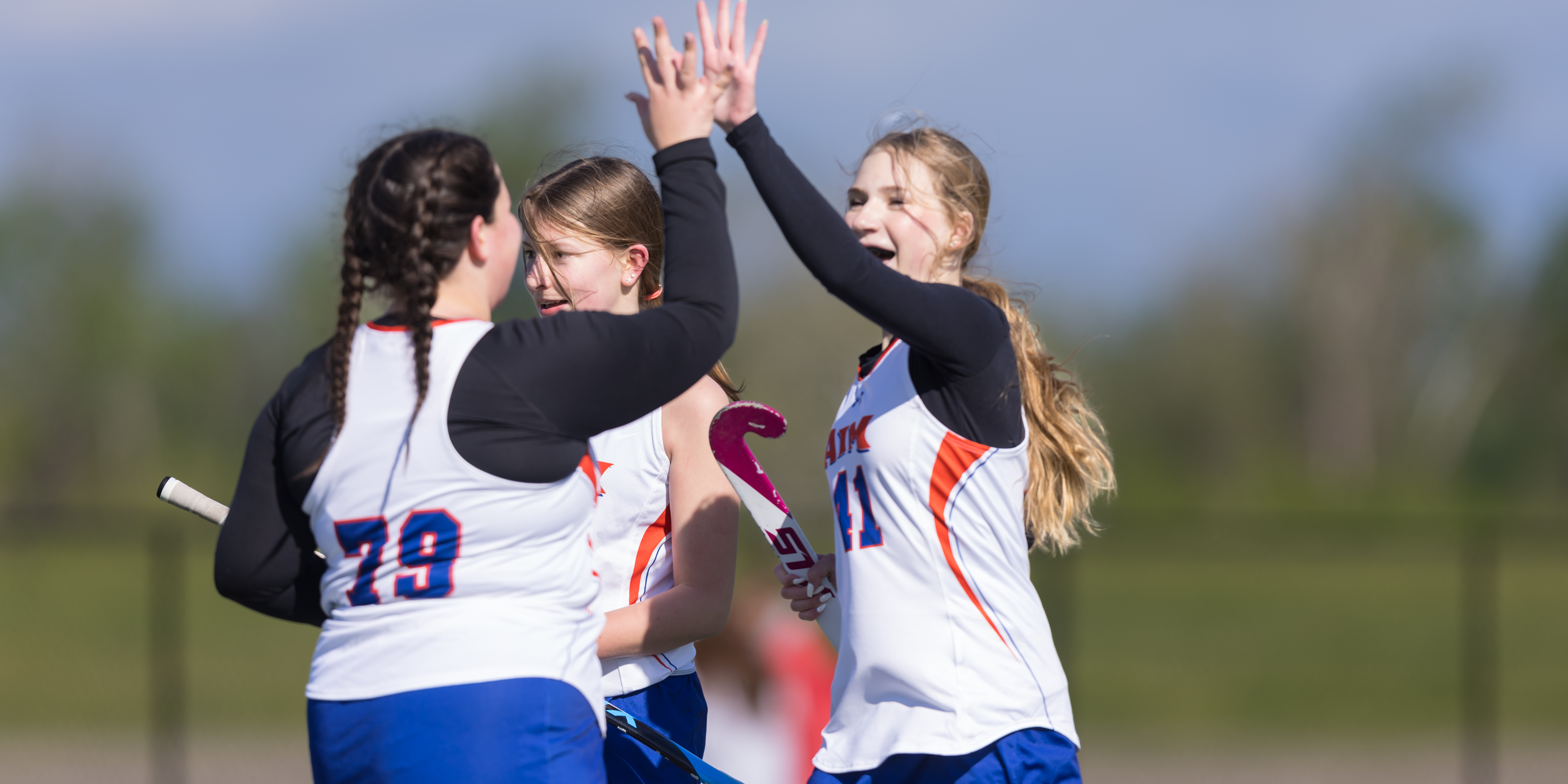Empowering Athletes through Mental Health Awareness

By Angela Teeple & Melissa Katz, All In Athletes
As someone who has been in the coaching profession for over two decades, I can attest to the importance of taking care of your mental health as a coach. It is easy to get wrapped up in the demands of the job and neglect your own well-being, but this can ultimately be detrimental to both yourself and your athletes.
Upon reflection on my most successful seasons, I realized the correlation between my mental health and the overall experience of the girls was very closely related. How many wins and losses never defined my season, and as I got older, I realized coaching was so much more.
Having completed 23 seasons, I decided to quit coaching and teaching. With hindsight, I now realize how my mental well-being impacted my coaching and teams. Although I lament not having given it more importance, I aspire to assist other coaches by sharing my experiences and guidance so they can prioritize their own mental health and establish a favorable and empowering atmosphere for their athletes. Here are some mental health strategies I’ve learned over the years:
1. Set Boundaries.
It’s important to establish clear boundaries around work and personal life. This can involve setting realistic expectations, delegating tasks, and taking time off when needed.
2. Practice Mindfulness.
Mindfulness can help you stay present and focused, reducing stress and anxiety. This can involve activities such as meditation, deep breathing exercises, or yoga.
3. Model Healthy Behavior.
Coaches serve as role models for their athletes. By demonstrating the importance of self-care, we can encourage athletes to prioritize their mental health as well. When athletes see their coach prioritizing mental health, they will be empowered to do so as well.
4. Manage Stress.
Coaching can be a high-stress profession, and if you don’t take care of your mental health, you may struggle to manage this stress effectively. Be proactive in prioritizing your physical, emotional, and mental well-being so you’re better equipped to handle the demands of your job and support your athletes through the ups and downs of competition.
5. Build Better Relationships.
Good coaching involves building strong relationships with athletes. By forming meaningful connections with your athletes, you can get to know them as more than athletes and create a more positive team culture. Also, having a support system in place is really helpful, whether it’s through family, friends, colleagues, or a mental health professional. Having someone to talk to can help alleviate stress and provide perspective.
6. Avoid Burnout.
Coaching can be demanding and exhausting; if you don’t take care of your own mental health, you may be at risk of burnout. By prioritizing self-care and seeking support, you can avoid burnout and continue to have a positive impact on your athletes.
7. Reflect On Successes.
Take time to reflect on your successes, no matter how small. Celebrating accomplishments can boost self-confidence and motivation.
So, to all the coaches out there, remember to take care of yourself! Your mental health matters, and your example can have a profound impact on your athletes and your sport.
About the Author
Angela Teeple, a former high school sports coach of 23 years, left her coaching career to pursue a greater aspiration. Having witnessed the impact of mental health on athletes, both on and off the field, she teamed up with Melissa Katz, her former HS field hockey player, to establish All In Athletes. The brand’s mission is to raise awareness about mental health and foster a positive mindset in sports. Through the creation of inspiring apparel, powerful storytelling, and community initiatives, Teeple and Katz aim to break the stigma surrounding mental health and spread a message of positivity and empowerment. They believe that such efforts will help athletes and coaches alike reach their full potential, not just in sports, but in life.
NFHCA Blog Disclaimer
All content on this blog is for informational purposes only and should not be interpreted as a substitute for NCAA compliance or legal advice. The NFHCA recognizes that the accuracy of the content and opinions in this blog may change over time. The blog site may contain links to other websites or content belonging to or originating from third parties. Such external links are not monitored or endorsed by the NFHCA and the NFHCA does not control such external websites or their content. The NFHCA will not be held responsible for the content of any message from external websites or contributing authors.
AstroTurf is the Official Sponsor of the 2026 NFHCA Annual Convention. With over 50 years of experience and millions and millions of square feet of synthetic turf in use worldwide, AstroTurf products bring more technological expertise and real-world know-how to the game than any other brand.
